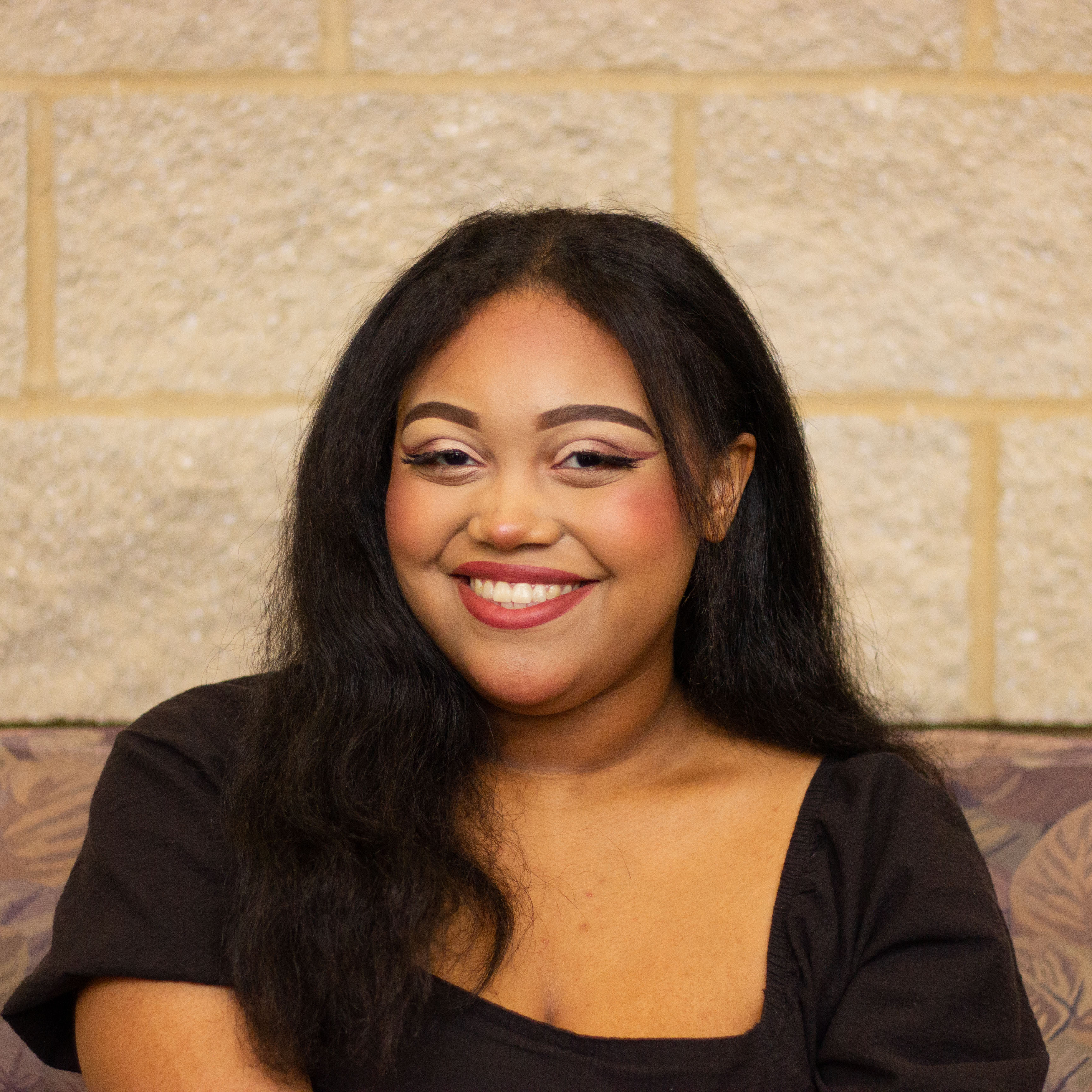A safe and inclusive environment is what I originally thought the Monologues community to be.
I, as well as other people of color (POC), were sold on the story of it being a place for women or anyone who identifies with the feminine experience to tell their stories.However, as I walked into the room and looked around, I found myself uncomfortable with the community of which I was supposed to share my stories.
The committee for Monologues consists of an almost entirely white leadership with an almost entirely white cast.
The goal of the group is to tell stories about the feminine experience from people of all walks of life.
However, the campus is composed of more than just white women, which was the room I walked into that Tuesday night on campus.
The stories told are submitted from more than just women that identify as white. These stories contain deep and culturally sensitive content that should be presented by people that fit into these categories.
Telling stories from POC shouldn’t be left in the hands of people that have not lived to tell these stories.
This calls to mid a few questions that have stuck with me: should we allow those who aren’t minorities to lead the discussion on issues surrounding our lives?
When considering this question I thought back to the media I had grown up with.
In the media, there is heavy emphasis placed on ‘embracing’ diversity.
However, POC still feel a lack of authenticity in these forms.
Usually, the minority individual is written by or directed by their white counterparts.
When we place POC at the forefront of these stories, the result reflects the shared experiences these communities hold.
These experiences are more authentic and feel like the true stories of the lives of POC, which are stories that can hold heavy content from a variety of different perspectives.
In the case of Monologues, the stories are authentic and they show the everyday lives of feminine-identifying people.
But it falls short when it comes to not only providing more stories of marginalized people, but putting together a cast that can tell these pieces from the same perspective.
Feminine-identifying people of color on campus deserve to have their experiences shared if they choose, yet once they do, their lived accounts, thoughts and emotions should be presented by those that can actually relate to these experiences.
While Goshen Monologues are a great way to share people’s experiences, there needs to be a push to see changes in the thought process of casting as well as leadership.
This space needs to accurately showcase the stories that would reflect the diversity they claim to share.




